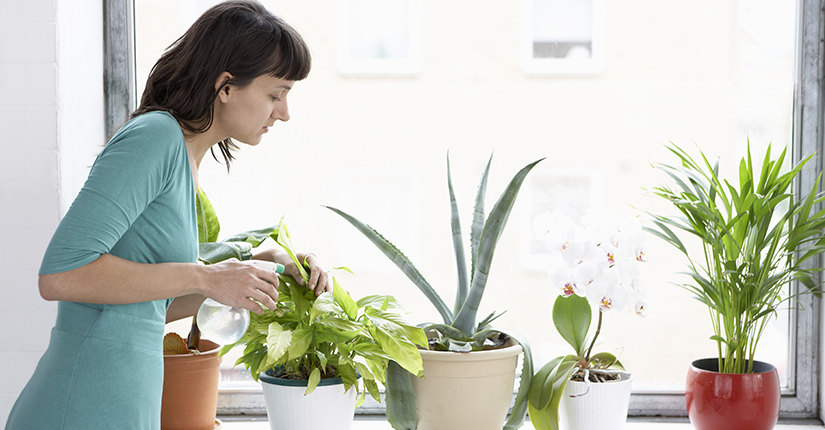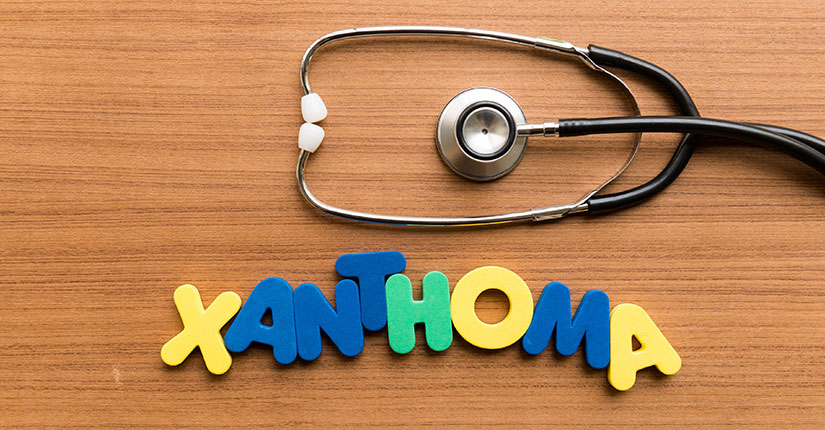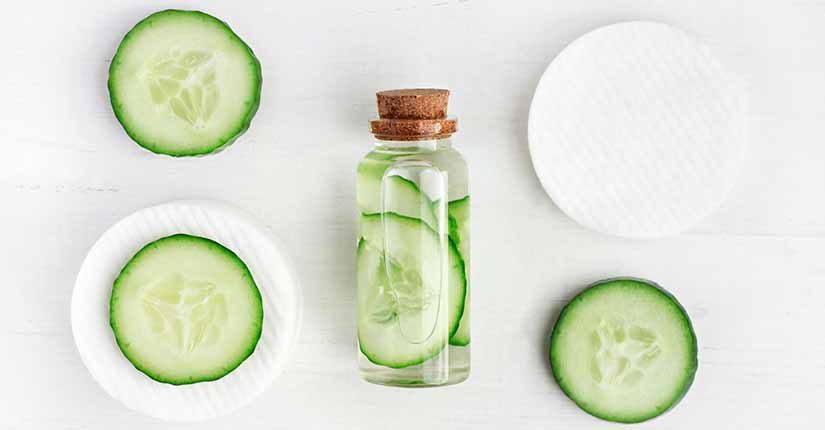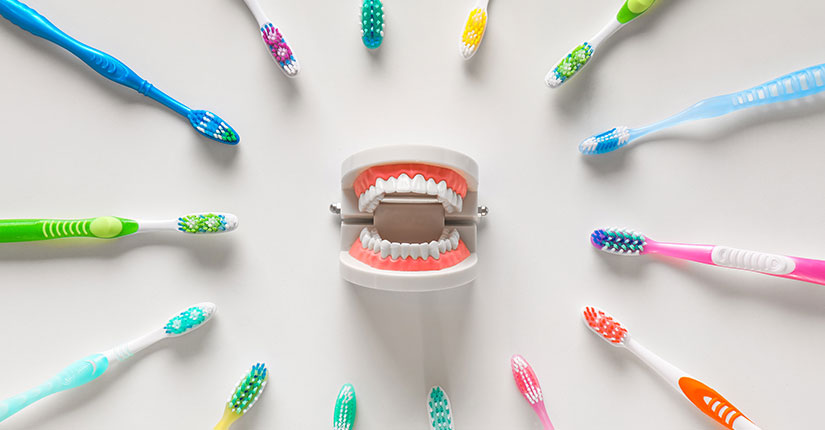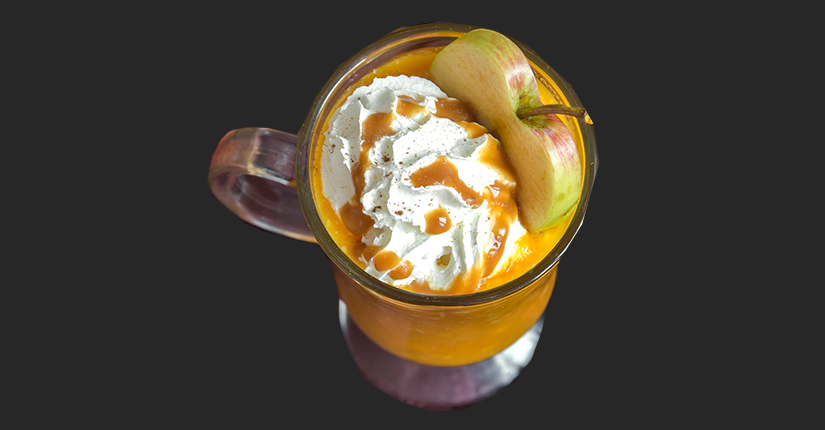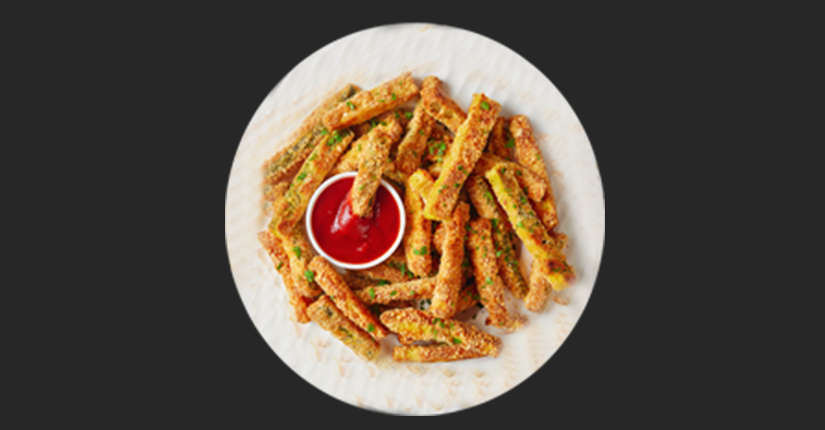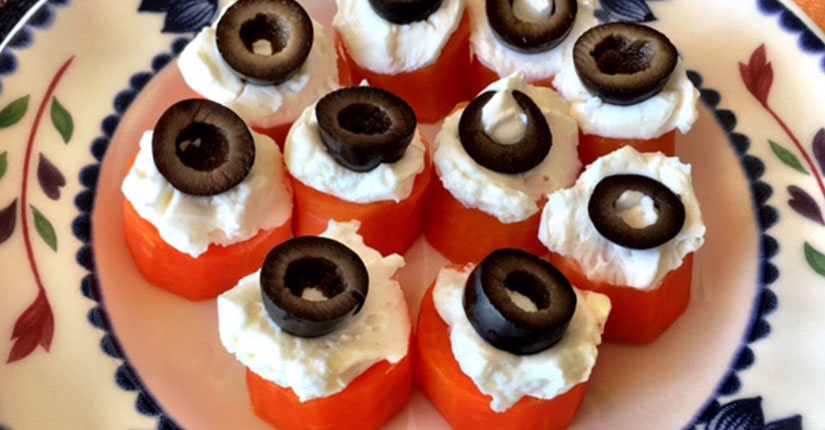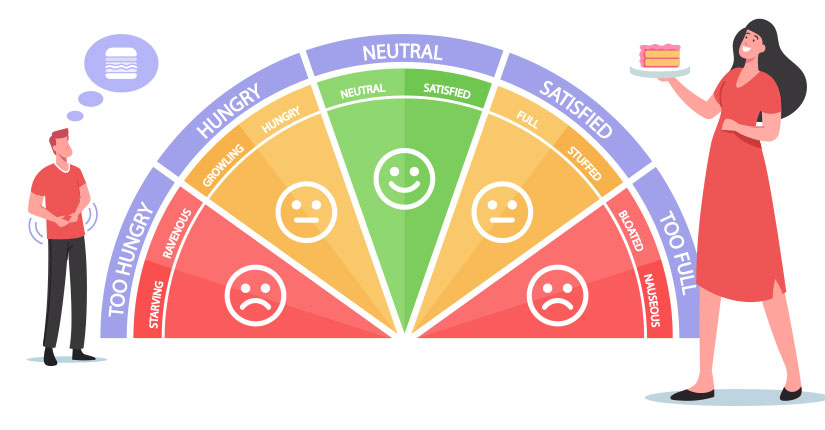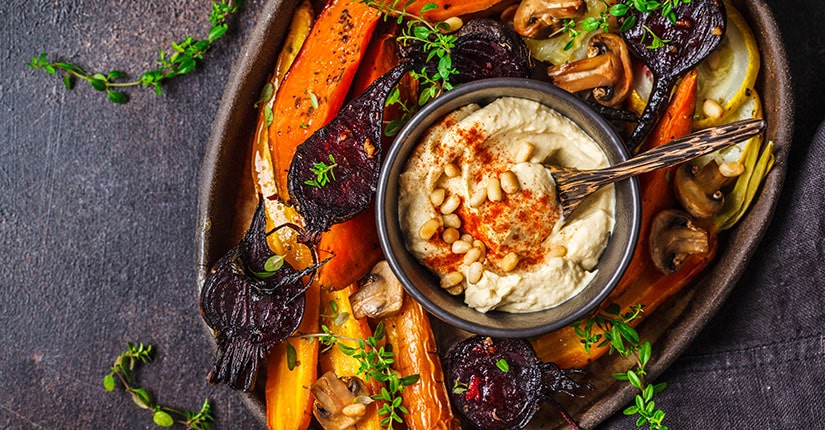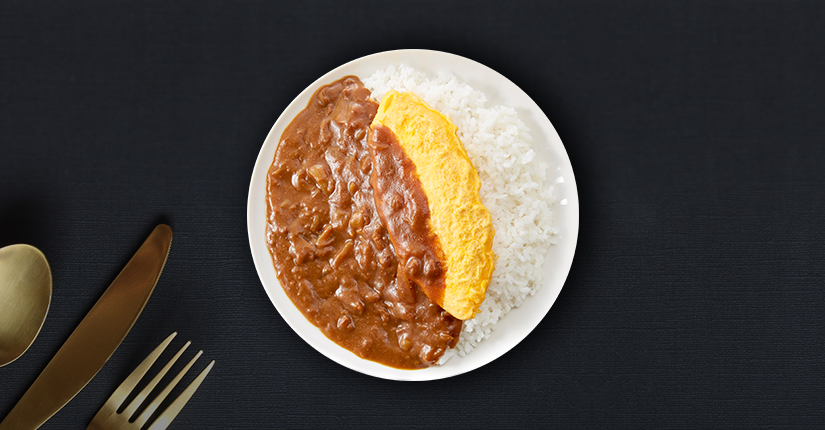Fight Inflammation with Food
By Nmami Agarwal 16-Apr 2021 Reading Time: 4 Mins
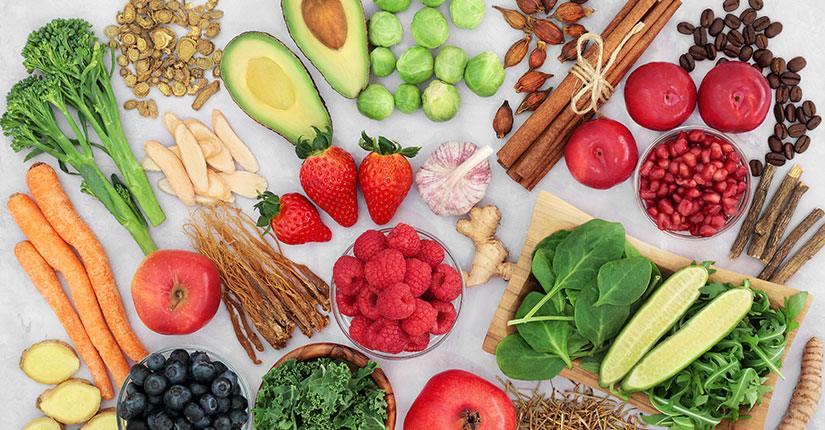
Inflammation is part of the body’s immune response to harmful substances. Yet, any kind of infections, wounds, and damage to any tissue would not be able to heal without an inflammatory response. So, when a cut swells up and turns red, that’s inflammation at work healing you. But when it goes beyond, sparked by factors like poor diet and smoking, it can cause a host of health problems including cardiovascular disease, diabetes, arthritis (including psoriatic arthritis), cancer and even depression.
Sometimes inflammation persists, day in and day out, even when you are not threatened by a foreign invader. That’s when inflammation can become your enemy. On that note, one of the most powerful tools to combat inflammation comes not from the pharmacy, but from the diet that is Anti-Inflammatory Diet
Anti-Inflammatory diets have become popular in recent years. The recommended foods include eating more fish, fresh fruits and vegetables, and healthy fats; nuts; whole grains and healthy oils. The idea of an anti-inflammatory diet are healthful ones and the approach is nutritionally sound.
Hence there are many ways you can change your diet to help prevent, reduce, or reverse inflammation in your body.
Foods to Include:
- Fruits and green leafy vegetables such as apples, berries, citrus fruit, pears, green beans, yellow pepper, cruciferous vegetables (like broccoli and cabbage) and tomatoes are the biggest staple of the diet. They are packed with vitamins which protect your immune system and critical for every cell function.
- Omega 3 has powerful anti-inflammatory properties. Try adding “good fats” like olive oil, nuts and fatty fish like tuna, salmon, especially omega-3 fatty acids, which are the most anti-inflammatory fat and a crucial piece in counterbalancing inflammation.
- Cook with herbs such as cinnamon, turmeric, ginger, oregano, and garlic. These herbs directly decrease inflammation in the intestines.
- Whole grains such as quinoa, oatmeal, brown rice, barley, whole wheat bread etc.
- Dark chocolate, tea and coffee, all three contain caffeine, which appears to offer anti-inflammatory benefits for your brain.
- Fermented foods such as kimchi, miso, pickles, sprouted moong beans, and sauerkraut. prevent inflammation in the gut.
Foods to Scratch:
- Avoid Trans-fatty acids are linked to an increase in inflammation. They are found in red meat, margarine, fried foods, packaged cookies, crackers, and many other processed, pre-packaged ready-made food.
- Try to avoid or minimize the consumption of wheat, bread, eggs, dairy, soy, seafood, red meat, alcohol, caffeine, sugar, and food colouring if you have an allergic reaction towards certain foods, perhaps it’s good to cut it out completely.
- Avoid alcohol, nicotine, sodas and other sugary beverages.
To be precise, anti-inflammatory foods are closely linked to the Mediterranean diet. However apart from diet – sleep, managing stress and exercise also plays a vital role in fighting against inflammation.
Over to you:
Go for the right anti-inflammatory foods, and you may be able to reduce your risk of illness. Pick the wrong ones, and you could accelerate the inflammatory disease process.

